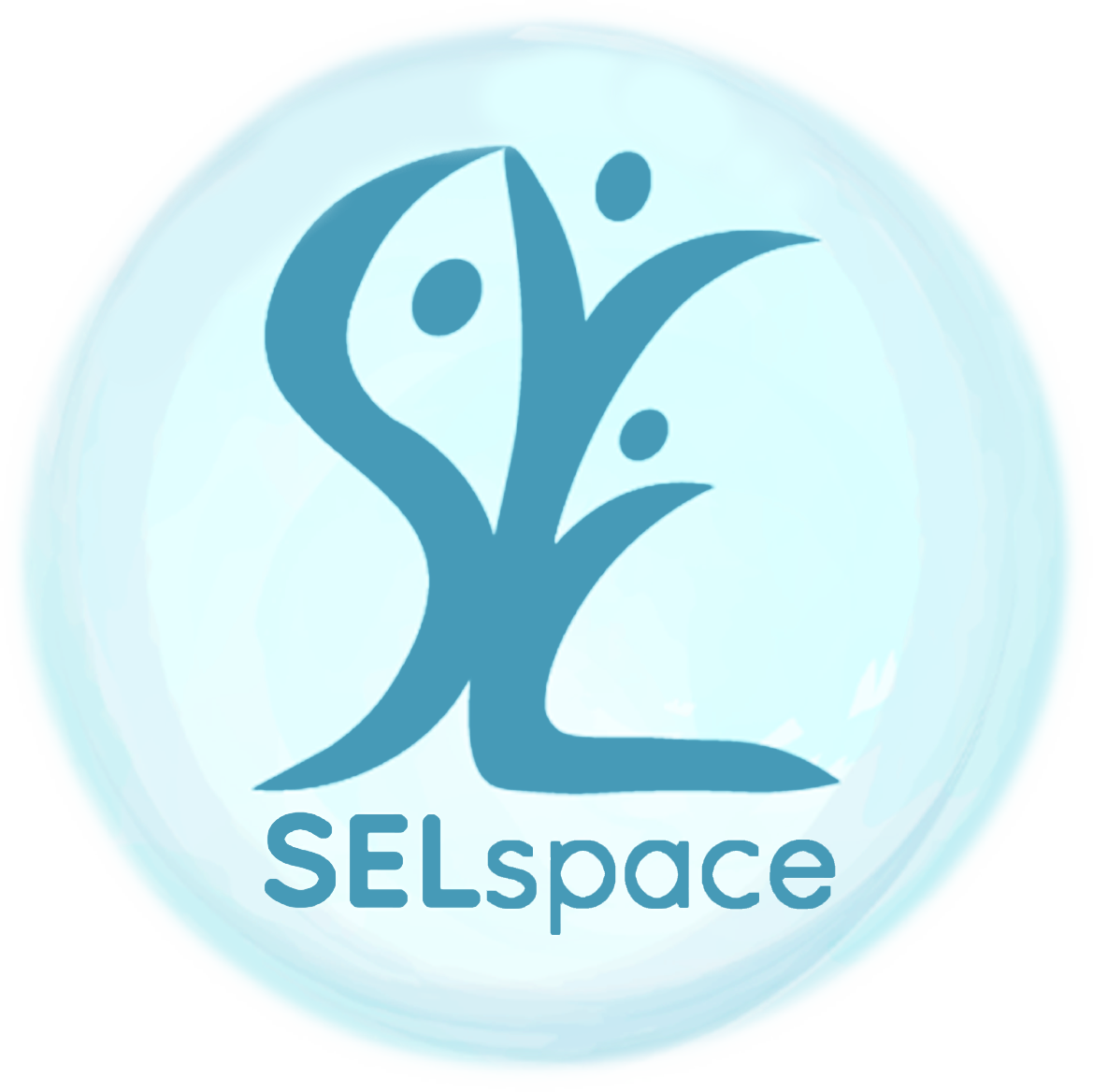The Collaborative for Academic, Social, and Emotional Learning (CASEL) defines Responsible Decision Making as “the ability to make constructive choices about personal behaviour and social interactions based on ethical standards, safety concerns, and social norms.”
Primary students are working on making simple decisions with growing independence. They can benefit from carefully considering options to day to day decisions.
Guiding primary students to make simple T-charts with pros and cons of a decision or having them come up with a few reasons why they have made a choice are great activities that promote the process of responsible decision making.
They need support to:
-
identify options that are available to them in a decision,
-
build confidence that they are capable of making their own choices,
-
evaluate and reflect on the results of their decisions.
Decisions can be big or small. These videos help children understand that they can make their own decisions.
This video shows a group of young students practicing “decision making” skills that are concrete. Making concrete decisions is important to practice for primary students before moving on to ask them to make more abstract decisions.
